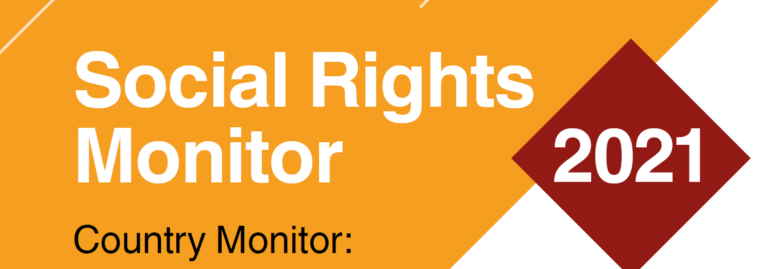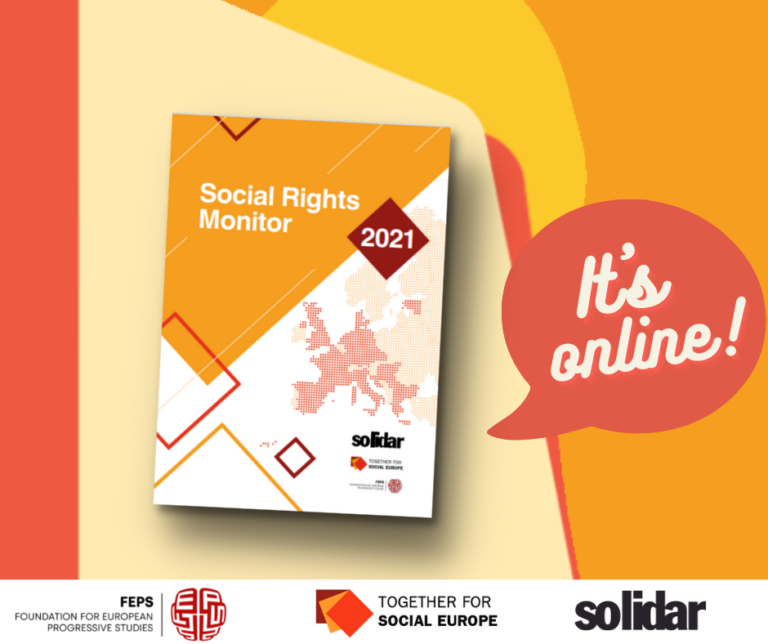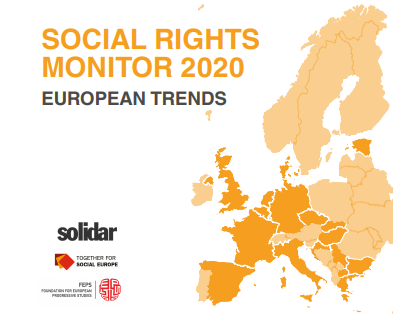Economic and Social Rights Monitor – Guatemala
Since the advent of democracy in Guatemala, national social expenditure increased. However, major problems, such as social inequalities, persist and impact particularly indigenous people, women, and citizens from rural areas. Although some progress has been made, the country is still distressed by social unrest, stigmatization of Civil Society Organisations (CSOs) and individual Human Rights Defenders (HRDs), and increasingly frequent violence. Guatemala seems a long way from achieving decent work and social protection for all. Indeed, over half the population live below the poverty line, and there are still dramatic income differences between urban and rural areas.
How can the European Union (EU) better contribute to developing an enabling space for CSOs in Guatemala? And how can the EU support the realization of economic and social rights – in particular, decent work and social protection for all – in line with the implementation of the United Nations 2030 Agenda for Sustainable Development?
Led by the Movement for Peace (MPDL), the present Economic and Social Rights Monitor (ESRM) summarizes the views of the SOLIDAR network in Guatemala on how these goals can be achieved.





